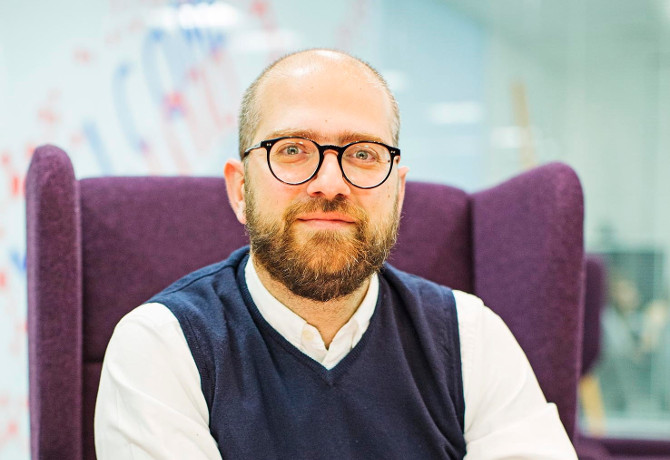Why thinking small can be the next big thing, according to Yannis Zachos, head of strategy at Havas Media International.
Small thinking is not the type of advice you come across in business books. It’s also unlikely that any of the marketing/advertising gurus will prompt you to think small. Understandably, they prefer talking about the opposite, big ideas that transcend all touchpoints are consistent with the company’s raison d’être and do not conflict the brand identity.
It’s hard to disagree with any of the above but in the real world, theory often tends to be forgotten. Coming up with and activating big ideas has become an uphill struggle against silos, politics and, most importantly, short-termism. How did we come to that?
Following the collapse of the Soviet Union, political scientist Frances Fukuyama wrote about the ‘End of History’, proclaiming a post-ideological world and marking the end of big ideas. Extrapolating his views in the advertising world makes for an interesting exercise.
The digital shift of the last decade is an equally seismic event as the collapse of the Soviet Union. The domination of the marketing landscape by digital is similar to the surge of the Western liberal model. However, in both cases this universal conformity created more complexity than simplicity.
Advertisers and agencies adjusted to this new reality by building new teams and departments. Soon these grew big enough to become autonomous entities with their own agendas and decision-making powers. The immediate effect of this reflected on issues of governance, strategic direction and increasingly in internal politics.
TIME IS BY MY SIDE (No, it’s not!)
One can claim that none of the above is really new, or maybe it’s that we are experiencing a more extreme version now. The real issue here is time and more specifically the lack of time.
According to Forbes the average CEO tenure is around eight to 10 years. CMO tenures are just half of that. For marketing directors, this figure drops even further between 18-40 months (depending on who you believe).
“Big ideas need time and commitment. They need people who are willing to put their heads on the line because they believe in their ideas”
On the other side of the fence, the IPA reports that agency staff churn averages 30% a year! Add to this the average client-agency relationship that has dropped to just 30 months and you get the bigger picture. The pressure for short term results is enormous and it trickles down from the CEO to the account executive.
But big ideas need time and commitment. They need people who are willing to put their heads on the line because they believe in their ideas. People with gravitas and influence who are willing to roll up their sleeves and battle through agency politics and corporate lobbying.
Ideas, these fragile things, will have to survive many wars, from inception to execution. When (and if) they finally make it to the end, their spark will have diminished, having fallen victim to compromise, and carry little resemblance to the initial concept. And yet we persevere with this model as a way of responding to client briefs that request big and bold thinking.
BIG BETS VS SMALL BETS
Thinking small is about bypassing all this and working with lots of smaller ideas that are easier and quicker to implement because the stakes are lower.
They don’t require big chains of approvals and lobbying meetings. They are cheaper to activate and if they fail they will not have a detrimental impact but instead will provide useful insights. They can be opportunistic, reactive or pre-planned, depending on the occasion.
The power of small ideas lies in motivating all roster agencies to come forward with ideas instead of staying in the back seat. It means clients can get more for their money, as creative teams can be motivated from the increasing chances of seeing their ideas materialise. It’s about creating an environment that nurtures innovation and encourages experimentation.
Clients can also benefit personally from seeing though projects from inception to completion, acquiring experience and adding further highlights to their portfolio. Above all, this agile approach can help make a difference both in the short- and long-term for brands. So if you want to challenge the status quo and think different, why not think small?








